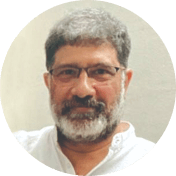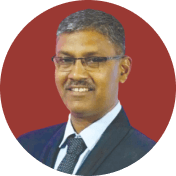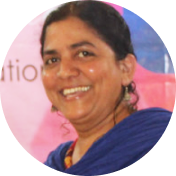Women’s Social and Economic Empowerment
More than half of the work done by women is unpaid and almost all of it is informal and unsafe. They have major representation in agriculture, labor, and control only 9% of land in India. Nearly half of the population does not have a bank or savings accounts for their own use and 60% of women have no valuable assets to their name. The scenario further affected their contribution in the National GDP. It is merely 17% as compared to 37% of the global average. Women dedicate 1 to 3 hours more a day to household work than men; 2 to 10 times the amount of time a day to care (for children, elderly and the sick), and 1 to 4 hours less a day to market activities. In addition, women face great physical insecurity as the rate of crimes against women has not declined yet. Thus, the socioeconomic status of women becomes challenging in real sense and it severely limits their ability to keep self out of vulnerable situations.
Women are empowered when they are treated as equal human beings.
The worth of a civilized India can be judged by the status given to women in the society. Women are empowered when they are treated as equal human beings. This way they increase their right to economic resources and power to make decisions that benefits them, their families and the surrounding. The self-help groups have proven a powerful socio-economic engineering tool in the history of women’s journey of financial independence. The members of the group get an opportunity to participate in small microcredit handlings.
Based on Zalkari’s commitment to equal opportunities for all to lead a dignified life, we promote the empowerment of women and girls, and engage men and boys, to transform unequal power relations and address gender inequalities. We empower women to build better livelihoods, earn more income and create social enterprises that develop the scope for sustainability. With improved financial security, women can enhance other areas of their life.
Zalkari emphasizes its efforts on three key contours where it believes it can have the most impact – financial inclusion, entrepreneurship, and dignified work. We so put particular attention on helping people recover their livelihoods after natural disasters and humanitarian crises.



Empowering women is key to building a future we want
– Amartya Sen




